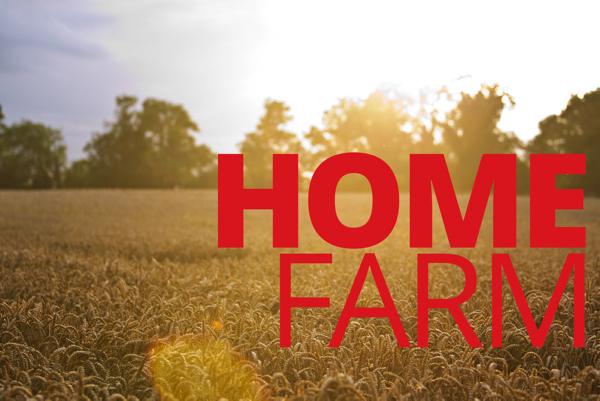My annual herd test is one of the least productive and frustrating jobs that simply has to be done. It’s also expensive. I continually wonder why, with every single one of my cattle going to the factory, I have to spend two days pushing cattle through a crush for testing and reading, only to see them hanging on a hook and subject to a full post-mortem in a few months’ time. Anyway, we went through the whole process and emerged with a full clean herd. I think the fact that we are again clear is remarkable, considering we are buying in everything.
I go to the occasional meeting in Britain, where farmers are suffering years of real hardship from being locked up with TB. On our own farm we have regular visits from the Department checking the TB status of the wildlife, mainly badgers.
I assume that the same process is going on all over the country, so I am not surprised that the national bovine TB results are continuing to improve. So somebody can take credit for a control policy that is working.
Elsewhere, the rain has worked wonders on the appearance of the crops. The beans have responded most, but the wheat is a deep, rich vibrant green. The winter barley is pretty well headed out with the earliest plants just beginning to flower, while the oilseed rape is now fully past flowering, and the field will become visually less attractive as the summer progresses. Though, on a more practical level, it would seem that we have hardly any blank pods on the stems. However, the yield potential of oilseed rape is notoriously difficult to judge.
For the last few years, I have been increasingly conscious of the spread of wild brome out from the margins of the fields. Andy Doyle our tillage editor here in the Irish Farmers Journal, has advocated cutting back if possible the vegetation along the margins.
We have done that this year on the field with the most sensitive crop, the gluten free oats, with a strimmer that can be used with a blade or rotating string-type wire. It sounds a really tedious drawn-out job, but in fact we have made good progress and have moved on to the seed crops.






 This is a subscriber-only article
This is a subscriber-only article










SHARING OPTIONS: